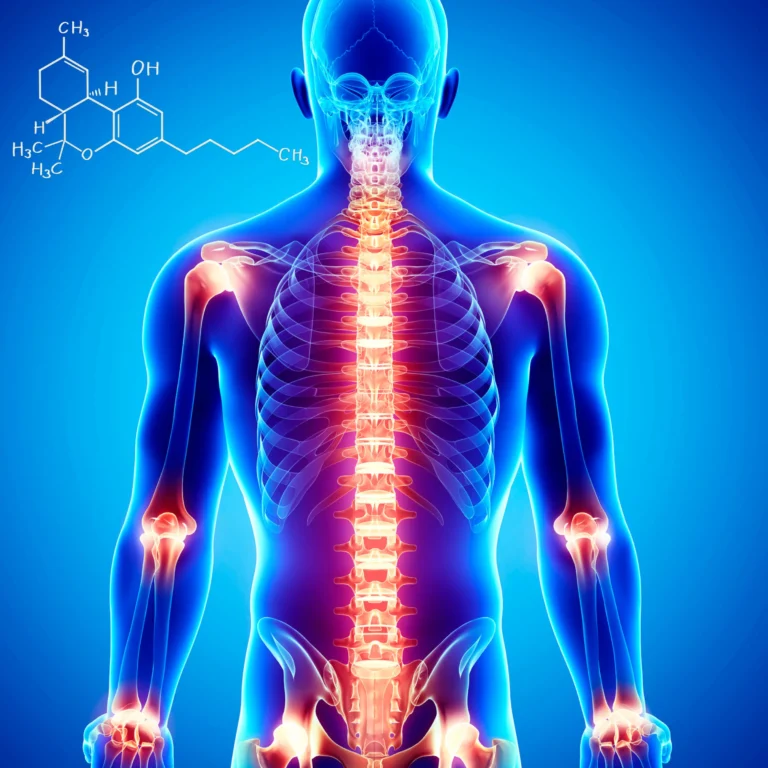
THC (tetrahydrocannabinol) is the primary psychoactive compound in cannabis. While its effects can vary from person to person, THC offers several potential benefits, including:
Medical Benefits
Pain Relief – THC interacts with the body’s endocannabinoid system to help alleviate chronic pain, neuropathic pain, and inflammation.
Nausea & Appetite Stimulation – Often prescribed for cancer patients undergoing chemotherapy or individuals with HIV/AIDS to reduce nausea and increase appetite.
Muscle Relaxation – Can help with conditions like multiple sclerosis and muscle spasms by reducing muscle stiffness.
Sleep Aid – THC may improve sleep quality for those suffering from insomnia or other sleep disorders.
Neuroprotection – Some research suggests THC may help protect brain cells and could be beneficial for neurodegenerative diseases like Alzheimer’s.
Mood Enhancement & Anxiety Reduction – In moderate doses, THC can promote relaxation and euphoria, which may help with stress and mild anxiety.
Recreational & Lifestyle Benefits
Euphoria & Relaxation – THC produces feelings of happiness, creativity, and relaxation, making it a popular choice for recreational use.
Increased Sensory Perception – Enhances experiences like music, art, food, and social interactions.
Creativity Boost – Some users report heightened creativity and out-of-the-box thinking when consuming THC.
Potential Risks & Considerations
While THC has benefits, excessive use may lead to side effects like paranoia, memory impairment, or dependency. The effects vary depending on dosage, method of consumption, and individual tolerance.
+ addresses pain/analgesic properties

+promoting relaxation

